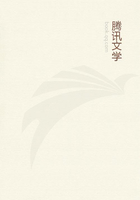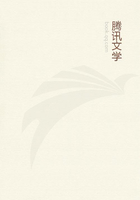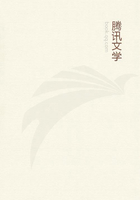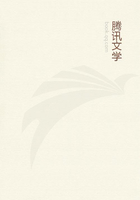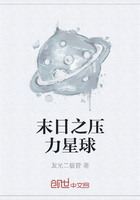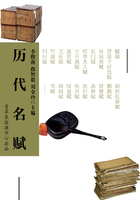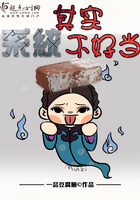It is notorious that in their selection of serviceable goods in the retail market purchasers are guided more by the finish and workmanship of the goods than by any marks of substantial serviceability. Goods, in order to sell, must have some appreciable amount of labor spent in giving them the marks of decent expensiveness, in addition to what goes to give them efficiency for the material use which they are to serve. This habit of making obvious costliness a canon of serviceability of course acts to enhance the aggregate cost of articles of consumption. It puts us on our guard against cheapness by identifying merit in some degree with cost. There is ordinarily a consistent effort on the part of the consumer to obtain goods of the required serviceability at as advantageous a bargain as may be; but the conventional requirement of obvious costliness, as a voucher and a constituent of the serviceability of the goods, leads him to reject as under grade such goods as do not contain a large element of conspicuous waste.
It is to be added that a large share of those features of consumable goods which figure in popular apprehension as marks of serviceability, and to which reference is here had as elements of conspicuous waste, commend themselves to the consumer also on other grounds than that of expensiveness alone. They usually give evidence of skill and effective workmanship, even if they do not contribute to the substantial serviceability of the goods; and it is no doubt largely on some such ground that any particular mark of honorific serviceability first comes into vogue and afterward maintains its footing as a normal constituent element of the worth of an article. A display of efficient workmanship is pleasing simply as such, even where its remoter, for the time unconsidered, outcome is futile. There is a gratification of the artistic sense in the contemplation of skillful work. But it is also to be added that no such evidence of skillful workmanship, or of ingenious and effective adaptation of means to an end, will, in the long run, enjoy the approbation of the modern civilized consumer unless it has the sanction of the Canon of conspicuous waste.
The position here taken is enforced in a felicitous manner by the place assigned in the economy of consumption to machine products. The point of material difference between machine-made goods and the hand-wrought goods which serve the same purposes is, ordinarily, that the former serve their primary purpose more adequately. They are a more perfect product -- show a more perfect adaptation of means to end. This does not save them from disesteem and deprecation, for they fall short under the test of honorific waste. Hand labor is a more wasteful method of production; hence the goods turned out by this method are more serviceable for the purpose of pecuniary reputability; hence the marks of hand labor come to be honorific, and the goods which exhibit these marks take rank as of higher grade than the corresponding machine product. Commonly, if not invariably, the honorific marks of hand labor are certain imperfections and irregularities in the lines of the hand-wrought article, showing where the workman has fallen short in the execution of the design. The ground of the superiority of hand-wrought goods, therefore, is a certain margin of crudeness. This margin must never be so wide as to show bungling workmanship, since that would be evidence of low cost, nor so narrow as to suggest the ideal precision attained only by the machine, for that would be evidence of low cost.
The appreciation of those evidences of honorific crUdeness to which hand-wrought goods owe their superior worth and charm in the eyes of well-bred people is a matter of nice discrimination.
It requires training and the formation of right habits of thought with respect to what may be called the physiognomy of goods.
Machine-made goods of daily use are often admired and preferred precisely on account of their excessive perfection by the vulgar and the underbred who have not given due thought to the punctilios of elegant consumption. The ceremonial inferiority of machine products goes to show that the perfection of skill and workmanship embodied in any costly innovations in the finish of goods is not sufficient of itself to secure them acceptance and permanent favor. The innovation must have the support of the canon of conspicuous waste. Any feature in the physiognomy of goods, however pleasing in itself, and however well it may approve itself to the taste for effective work, will not be tolerated if it proves obnoxious to this norm of pecuniary reputability.

